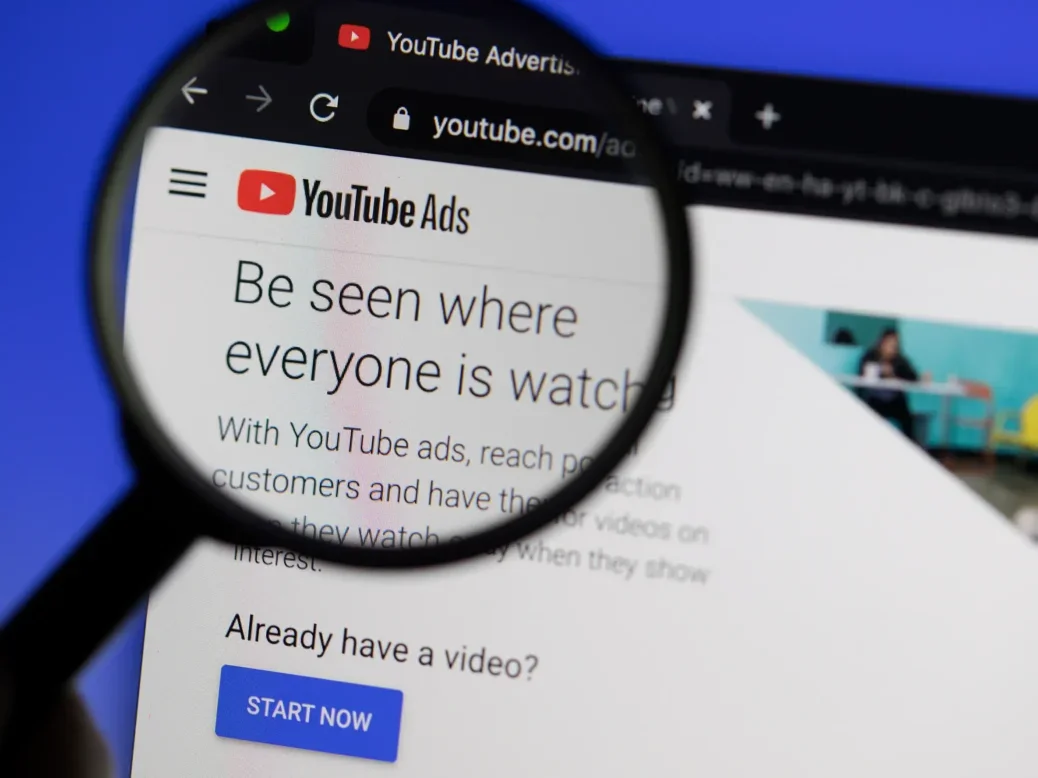
UK advertising spend on online video was up by a quarter in the first six months of 2024, compared to the same period a year earlier.
Video display advertising hit £4.12bn in the UK for H1 with growth of 26%, according to new data from industry body the Internet Advertising Bureau (IAB UK) and global media advisors Media Sense.
Strong growth in video is expected to continue for the remainder of 2024 and throughout the first half of 2025.
And despite total marketing budgets stalling in Q3 due to uncertainty ahead of Labour’s first Budget, main media budgets still saw growth according to IAB – almost entirely fuelled by investment in video.
The data for online video spend includes “any audiovisual advert watched via the internet”.
Over the past year many publishers have increased their investment in producing video content across their own sites, Youtube and other social media sites – although Tiktok currently has limited monetisation options.
Times Radio announced this month that it had reached one million subscribers on Youtube with 300 million views so far this year, 25% of its viewers now in the US, and an average view time for repeat viewers of eight minutes.
News UK sister brand TalkTV itself hit one million subscribers on Youtube in July three months after closing its linear TV channel, with that month expected to be its biggest yet for revenue on the platform.
Video is one of five key strategic pillars at The Independent, where the Independent TV arm saw year-on-year revenue growth of 30% in 2023.
The Daily Mail has been making a "big investment" in video with about 50 people in total split between working on the development of 12 new long-form video series expected to be watched primarily via Youtube on TV screens, creating vertical short-form video for platforms like Tiktok, and putting together videos to accompany stories on the Mail's website.
Reach has created a 120-strong video and audio content team this year and its half-year results revealed: "In order to meet growing audience demand for video, we will continue to focus on developing not only our video content, but our routes to monetising this output.
"This work is still in its early days, but audience engagement with our video content is growing with overall views up 20% year-on-year and Tiktok views more than doubling. Youtube is a focus area for us, with revenues growing 14% year-on-year.
"For the time being, these represent a small part of our overall mix, but continue to be an important focus area for us to expand our reach by producing content for multiple platforms."
Last week Reach revealed it was recruiting 60 journalists, including social video journalists “tasked with turning the day’s biggest stories into social video, as well as helping to shape the news agenda daily with newsroom leaders”.
This year's Digital News Report from the Reuters Institute for the Study of Journalism found that video "is becoming a more important source of online news, especially with younger groups.
"Short news videos are accessed by two-thirds (66%) of our sample each week, with longer formats attracting around half (51%). The main locus of news video consumption is online platforms (72%) rather than publisher websites (22%), increasing the challenges around monetisation and connection."
This explains why Youtube has become such a key platform for publishers. It shares 55% of ad revenue with publishers for ads shown alongside a main video stream, or 45% of ad revenue derived from views on Youtube Shorts.
Video 'leading the charge' on advertising growth but search still dominates
Jon Mew, chief executive of IAB UK, said the new data "shows that established trends - particularly the growth of video advertising and dominance of mobile spend - have accelerated in the first half of 2024".
He added that marketers "believe online channels deliver more emotional impact than offline media. I see that reflected in the fact that video - a highly engaging and creative format - is leading the charge when it comes to spend growth."
Despite the excitement over video, advertisers are still spending almost double that amount on search (dominated by Google).
Search advertising in the UK was up 13% year-on-year in H1 to £7.87bn.
This compares to total display advertising spend of £6.52bn which was up 22% (comprising video plus non-video display up 17% to £2.4bn).
Globally, Google's advertising revenue rose 10% in Q3 to $65.9bn (£50.6bn) with Youtube ad revenue up 12% to £8.9bn, the tech giant announced this week. It does not publish a breakdown specifically for the UK.
Email pged@pressgazette.co.uk to point out mistakes, provide story tips or send in a letter for publication on our "Letters Page" blog
